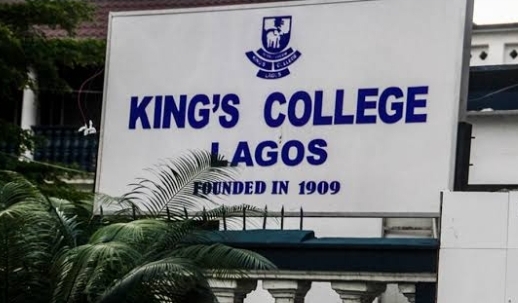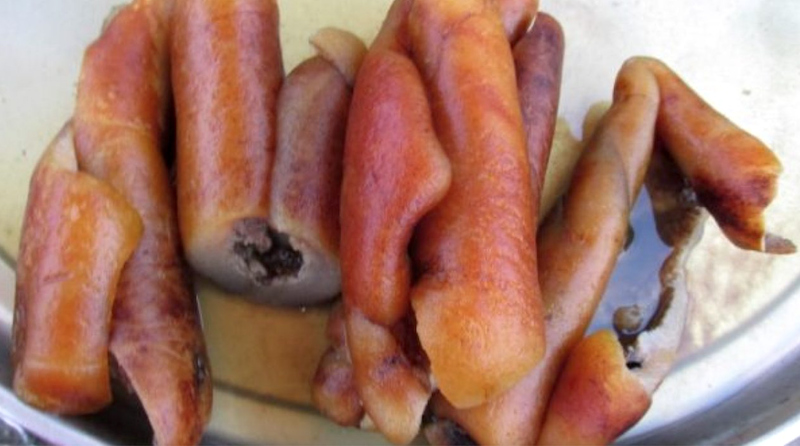The Nigeria Centre for Disease Control and Prevention (NCDC) has raised alarm over a convergence of multiple infectious disease outbreaks currently affecting the country, and urged for urgent measures.
The NCDC disclosed this via its official website on Friday morning, warning of significant public health risks if urgent measures are not taken.
It said the country was experiencing a surge in cholera infections, while yellow fever and dengue fever cases have begun to emerge in several states.
The Public Health agency said that these developments come as the nation continues to grapple with ongoing outbreaks of Mpox and diphtheria.
According to the NCDC, as of Epidemiological Week 26 (June 23–29, 2025), a total of 34 states have reported suspected cases of cholera, with Zamfara State accounting for 32 per cent of the total caseload.
Other high-burden states, it said include Bayelsa, Adamawa, Delta, Lagos, and Rivers.
While the specific number of suspected and confirmed cholera cases was not disclosed, the agency said that the situation demands heightened vigilance and intensified response efforts from all stakeholders.
It said that cholera is an acute diarrhoeal illness caused by ingestion of food or water contaminated with Vibrio cholerae.
It said that the symptoms are a sudden onset of profuse watery diarrhoea (often described as “rice water stools”), vomiting, and leg cramps. Severe cases can cause rapid dehydration and death if not treated promptly.
The NCDC said that Yellow Fever is a viral haemorrhagic disease transmitted by infected mosquitoes (Aedes aegypti) Its symptoms were Fever, muscle pain (especially backache), headache, loss of appetite, and in severe cases, jaundice, bleeding, and organ failure.
Speaking of dengue fever, it said, it is also transmitted by Aedes mosquitoes, a viral illness that can escalate into severe dengue.
The agency said that the symptoms were high fever, severe headache, pain behind the eyes, joint and muscle pain (“breakbone fever”), skin rash, and mild bleeding (nose or gum).
It said that Mpox also known as (Monkeypox) is a viral zoonotic disease with symptoms similar to smallpox, though milder, Its symptoms were fever, headache, muscle aches, swollen lymph nodes, and a distinctive rash that progresses to pustules and scabs.
While it described diphtheria as a serious bacterial infection that affects the mucous membranes of the throat and nose, its symptoms were sore throat, fever, swollen glands, and a thick grey or white coating in the throat that can block airways and cause difficulty in breathing.
The agency also confirmed that seven yellow fever cases have been detected in six states, Abia, Anambra, Edo, Ekiti, Lagos, and Rivers, noting that while no deaths have been recorded, a single confirmed case constitutes an outbreak under international health regulations.
“The yellow fever vaccine remains the most effective prevention strategy,” it said.
The NCDC urged the public to get vaccinated and called on state governments to scale up immunisation campaigns.
The public health agency further revealed the confirmation of a dengue fever outbreak in Edo State between June 9 and 13, following laboratory investigations.
“Both dengue and yellow fever are mosquito-borne viral diseases transmitted primarily by the Aedes species, which are rapidly spreading due to poor sanitation and climate-related factors,” it added.
To curb transmission, the NCDC advised Nigerians to eliminate mosquito breeding sites, use insecticide-treated nets, and apply insect repellents.
It also warned against self-medication for febrile illnesses, as symptoms of dengue and yellow fever often mimic malaria.
“Nigeria is already experiencing a rising incidence of cholera, while yellow fever and dengue fever are beginning to be detected in some states.
“This is also occurring at a time when the country is contending with ongoing outbreaks of Mpox and diphtheria,” it said.
The agency assured that it is coordinating a robust national response with support from the National Primary Health Care Development Agency (NPHCDA), state governments, and partners.
This, it said includes deploying rapid response teams, strengthening laboratory and surveillance systems, and scaling up risk communication and community engagement efforts.
Citizens were urged to maintain high levels of hygiene, avoid open defecation, treat drinking water, and seek immediate medical attention if symptoms such as severe diarrhoea, fever, joint pain, or rash occur.
The NCDC also called on health workers to remain alert, maintain a high index of suspicion for emerging diseases, and report cases promptly, as dengue fever is a notifiable disease under Nigerian law.
“Nigerians must act now to prevent further loss of lives,” the Centre warned.
It stressed that the battle against these diseases requires collective action across all levels of society.








